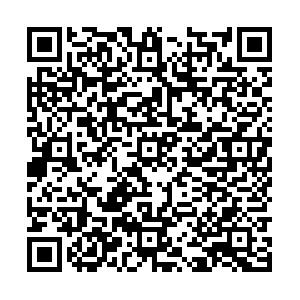Abstract:
In his "On Pedagogy", Kant poses a question: Where does the better state of the world emerge from? This question encapsulates Kant's belief in the potential for a superior condition for all humanity, akin to his conviction that humanity is inherently progressing towards continuous improvement. All of Kant's discourses are expanded upon concepts, which he interprets as the relentless advancement of certain primal human endowments. The actualization of these primal human endowments is inextricably linked to the two forms of education depicted in "On Pedagogy", highlighting why Kant considers education as indispensable for achieving a better state of the world. While Kant certainly esteemed the French Revolution, he did not desire a similar upheaval in Germany, thereby underscoring the heightened importance of education and advocating for a top-down educational reform. To delve deeper, Kant distinctly delineates the differences between concepts (ideas) and utopias, positing that the pursuit of a superior state for humanity should be regarded as a duty, which is initially incumbent upon parents and sovereigns, lest it leads to a reenactment of Cromwell's autocratic republic or the French Revolution.

 点击查看大图
点击查看大图



 下载:
下载: